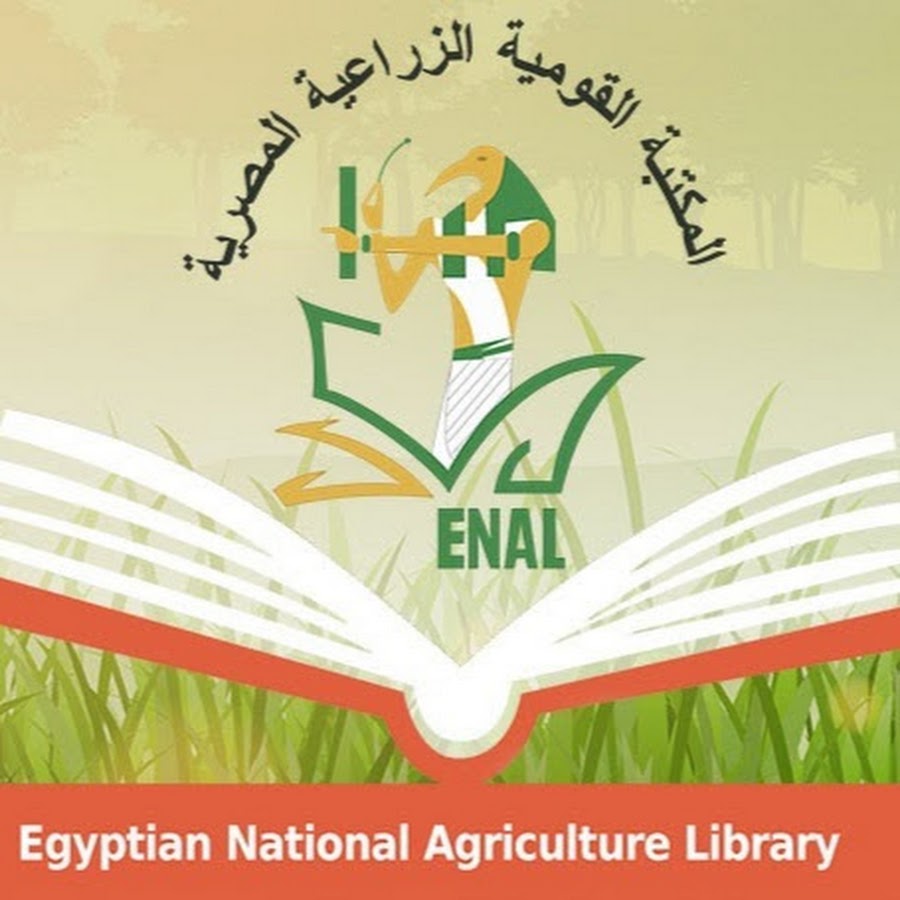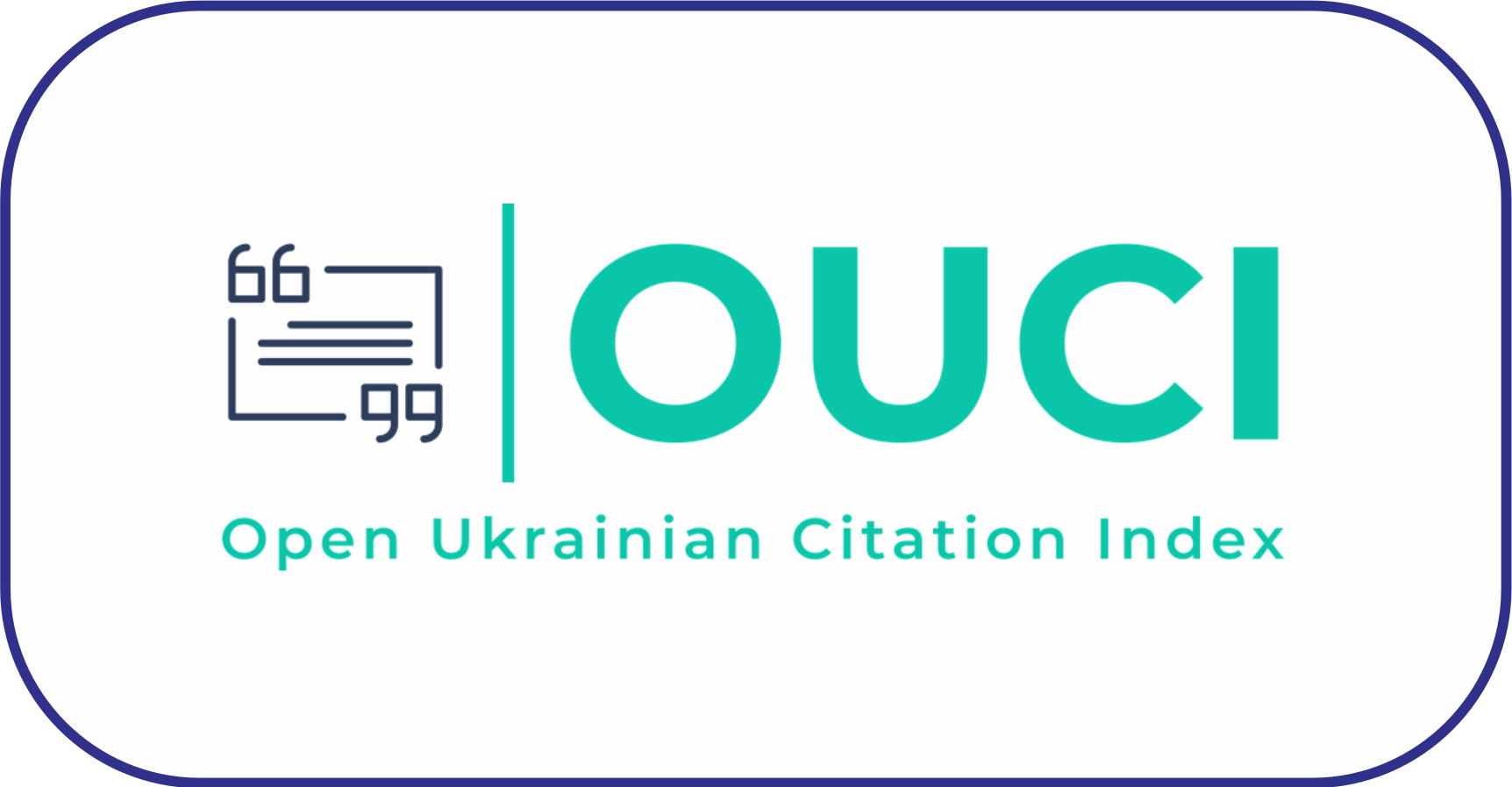Effect of different sowing dates, planting methods and irrigation intervals on performance of wheat varieties under agro-climatic conditions of Bahawalpur region
DOI:
https://doi.org/10.63072/aab.22006Keywords:
Genotypes, Growth parameters, Irrigation regimes, Planting methods, Sowing dates, Wheat varietiesAbstract
Wheat is considered one of the most important staple foods of Pakistan that plays a substantial role to address the food security challenges. Due to increase in water scarcity in southern region of Pakistan, wheat production is highly affected during winter season. The research was conducted to investigate the response of wheat varieties under different moisture regimes, sowing dates and planting methods at Regional Agricultural Research Institute (RARI), Bahawalpur, Pakistan in 2021. Under experiment 1, five genotypes of wheat [V1 (18003), V2 (180059), V3 (BF-1019), V4 (195715), and V5 (Ghazi-19)] showed significant variations in plant height, spike length and plant density across different irrigation regimes. In experiment 2, the effect of sowing dates on eight wheat genotypes was evaluated. Growth parameters displayed diverse responses based on sowing time in this experiment. Experiment 3 investigated the effect of different planting methods on the growth and yield of wheat genotype Ghazi-2019. The results revealed significant variations in plant height, spike length and plant density by applying different planting methods. Planting of wheat variety Ghazi-2019 on ridges exposed best results with highest yield per square meter and per hectare. The outcomes of this research provide valuable insights that overall yield of wheat genotypes was enhanced under Bahawalpur agro-climatic conditions by optimizing cultivation practices and considering genotype-specific characteristics, sowing time and sowing methods. The findings proposed that genotype selection, sowing time and sowing method all can influence wheat growth and productivity and emphasize on the need for comprehensive strategies for maximum agricultural productivity under diverse environmental conditions. © 2022 The Author(s)
Downloads
Published
How to Cite
Issue
Section
License
Copyright (c) 2022 Advances in Agriculture and Biology

This work is licensed under a Creative Commons Attribution-NonCommercial 4.0 International License.





























